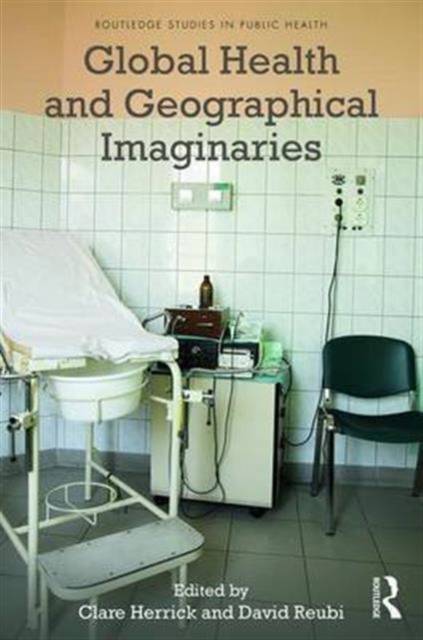
- Retrait gratuit dans votre magasin Club
- 7.000.000 titres dans notre catalogue
- Payer en toute sécurité
- Toujours un magasin près de chez vous
- Retrait gratuit dans votre magasin Club
- 7.000.0000 titres dans notre catalogue
- Payer en toute sécurité
- Toujours un magasin près de chez vous
Global Health and Geographical Imaginaries
Description
To date, geography has not yet carved out a disciplinary niche within the diffuse domain that constitutes global health. However, the compulsion to do and understand global health emerges largely from contexts that geography has long engaged with: urbanisation, globalisation, political economy, risk, vulnerability, lifestyles, geopolitics, culture, governance, development and the environment. Moreover, global health brings with it an innate, powerful and politicising spatial logic that is only now starting to emerge as an object of enquiry.
This book aims to draw attention to and showcase the wealth of existing and emergent geographical contributions to what has recently been termed 'critical global health studies'. Geographical perspectives, this collection argues, are essential to bringing new and critical perspectives to bear on the inherent complexities and interconnectedness of global health problems and purported solutions. Thus, rather than rehearsing the frequent critique that global health is more a 'set of problems' than a coherent disciplinary approach to ameliorating the health of all and redressing global bio-inequalities; this collection seeks to explore what these problems might represent and the geographical imaginaries inherent in their constitution.
This unique volume of geographical writings on global health not only deepens social scientific engagements with health itself, but in so doing, brings forth a series of new conceptual, methodological and empirical contributions to social scientific, multidisciplinary scholarship.
Spécifications
Parties prenantes
- Editeur:
Contenu
- Nombre de pages :
- 238
- Langue:
- Anglais
- Collection :
Caractéristiques
- EAN:
- 9781138852389
- Date de parution :
- 06-03-17
- Format:
- Livre relié
- Format numérique:
- Genaaid
- Dimensions :
- 156 mm x 234 mm
- Poids :
- 553 g

Les avis
Nous publions uniquement les avis qui respectent les conditions requises. Consultez nos conditions pour les avis.





